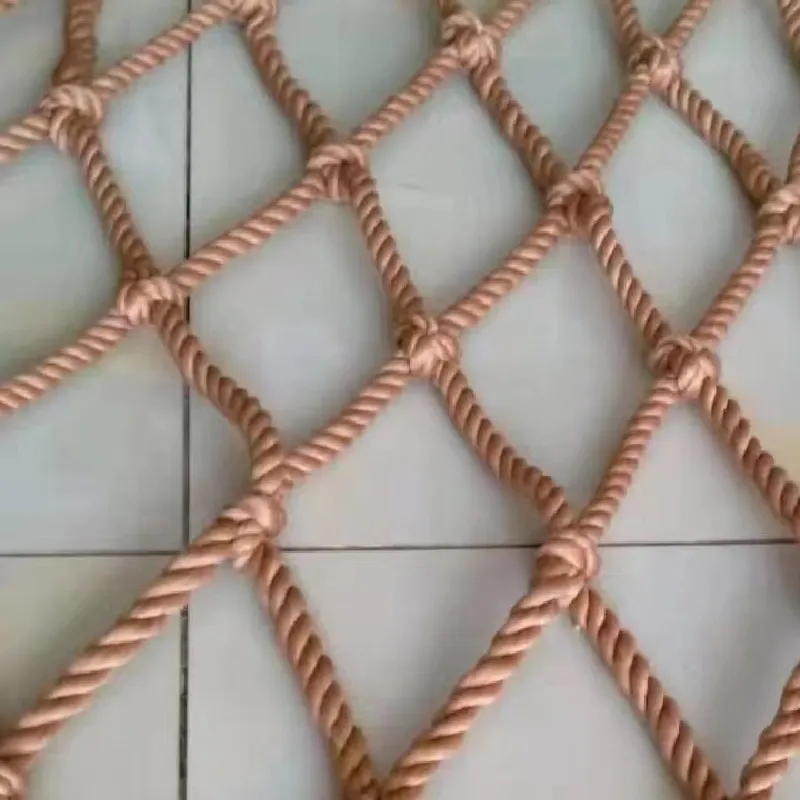-
 Afrikaans
Afrikaans -
 Albanian
Albanian -
 Amharic
Amharic -
 Arabic
Arabic -
 Armenian
Armenian -
 Azerbaijani
Azerbaijani -
 Basque
Basque -
 Belarusian
Belarusian -
 Bengali
Bengali -
 Bosnian
Bosnian -
 Bulgarian
Bulgarian -
 Catalan
Catalan -
 Cebuano
Cebuano -
 China
China -
 Corsican
Corsican -
 Croatian
Croatian -
 Czech
Czech -
 Danish
Danish -
 Dutch
Dutch -
 English
English -
 Esperanto
Esperanto -
 Estonian
Estonian -
 Finnish
Finnish -
 French
French -
 Frisian
Frisian -
 Galician
Galician -
 Georgian
Georgian -
 German
German -
 Greek
Greek -
 Gujarati
Gujarati -
 Haitian Creole
Haitian Creole -
 hausa
hausa -
 hawaiian
hawaiian -
 Hebrew
Hebrew -
 Hindi
Hindi -
 Miao
Miao -
 Hungarian
Hungarian -
 Icelandic
Icelandic -
 igbo
igbo -
 Indonesian
Indonesian -
 irish
irish -
 Italian
Italian -
 Japanese
Japanese -
 Javanese
Javanese -
 Kannada
Kannada -
 kazakh
kazakh -
 Khmer
Khmer -
 Rwandese
Rwandese -
 Korean
Korean -
 Kurdish
Kurdish -
 Kyrgyz
Kyrgyz -
 Lao
Lao -
 Latin
Latin -
 Latvian
Latvian -
 Lithuanian
Lithuanian -
 Luxembourgish
Luxembourgish -
 Macedonian
Macedonian -
 Malgashi
Malgashi -
 Malay
Malay -
 Malayalam
Malayalam -
 Maltese
Maltese -
 Maori
Maori -
 Marathi
Marathi -
 Mongolian
Mongolian -
 Myanmar
Myanmar -
 Nepali
Nepali -
 Norwegian
Norwegian -
 Norwegian
Norwegian -
 Occitan
Occitan -
 Pashto
Pashto -
 Persian
Persian -
 Polish
Polish -
 Portuguese
Portuguese -
 Punjabi
Punjabi -
 Romanian
Romanian -
 Russian
Russian -
 Samoan
Samoan -
 Scottish Gaelic
Scottish Gaelic -
 Serbian
Serbian -
 Sesotho
Sesotho -
 Shona
Shona -
 Sindhi
Sindhi -
 Sinhala
Sinhala -
 Slovak
Slovak -
 Slovenian
Slovenian -
 Somali
Somali -
 Spanish
Spanish -
 Sundanese
Sundanese -
 Swahili
Swahili -
 Swedish
Swedish -
 Tagalog
Tagalog -
 Tajik
Tajik -
 Tamil
Tamil -
 Tatar
Tatar -
 Telugu
Telugu -
 Thai
Thai -
 Turkish
Turkish -
 Turkmen
Turkmen -
 Ukrainian
Ukrainian -
 Urdu
Urdu -
 Uighur
Uighur -
 Uzbek
Uzbek -
 Vietnamese
Vietnamese -
 Welsh
Welsh -
 Bantu
Bantu -
 Yiddish
Yiddish -
 Yoruba
Yoruba -
 Zulu
Zulu
Innovative Insect Nets to Safeguard Agricultural Crops and Enhance Farm Productivity
The Role of Insect Nets in Sustainable Agriculture
In recent years, sustainable agriculture has emerged as a critical focus for food production systems worldwide. As agricultural practices strive to balance productivity with environmental responsibility, innovative solutions are being developed. One such innovation is the use of insect nets, which are proving to be a valuable tool in pest management and crop protection.
Insect nets, often referred to as insect-proof nets or mesh nets, are specially designed fabrics that allow sunlight and moisture to penetrate while preventing insects from accessing crops. These nets have gained popularity among farmers seeking environmentally friendly methods to shield their crops from pests without relying too heavily on chemical pesticides.
The Role of Insect Nets in Sustainable Agriculture
Furthermore, insect nets also serve as a habitat for beneficial insects. Many organic farmers and sustainable agricultural practices emphasize the importance of maintaining a balanced ecosystem. By preventing harmful pests from entering while allowing beneficial insects, such as pollinators and natural predators, to thrive, insect nets contribute to a more balanced agricultural environment. This not only aids in pest control but also supports overall biodiversity, which is essential for long-term agricultural sustainability.
insect net for agriculture

Another advantage of insect nets is their role in reducing the need for chemical pesticides. The overuse of pesticides can lead to environmental contamination, harm beneficial insect populations, and contribute to pesticide-resistant pests. By minimizing or even eliminating the use of chemical treatments through effective pest exclusion, farmers can adopt more sustainable practices that align with environmental conservation efforts. This not only benefits the ecosystem but also responds to growing consumer demand for pesticide-free produce.
The use of insect nets is also economically beneficial. Although the initial investment may seem higher compared to conventional pest control methods, the long-term savings can be significant. By reducing crop losses and decreasing reliance on expensive chemical treatments, farmers can see a marked improvement in their profit margins. Moreover, insect nets have a relatively long lifespan, making them a cost-effective solution over the years.
However, it is essential to recognize that while insect nets are a powerful tool, they should be part of an integrated pest management (IPM) approach. Farmers should combine the use of nets with other practices such as crop rotation, companion planting, and biological control to create a holistic strategy for managing pests effectively. This multifaceted approach ensures that agriculture remains sustainable and resilient against future challenges.
In conclusion, insect nets represent a promising advancement in the evolution of sustainable agriculture. By offering a physical barrier against harmful pests while supporting beneficial organisms, they play a vital role in protecting crops and promoting biodiversity. Their ability to reduce chemical pesticide use not only protects the environment but also aligns with consumer demands for cleaner food production. As agricultural practices continue to evolve, integrating insect nets into pest management strategies will undeniably contribute to a more sustainable and prosperous future for farming.
-
Why Nylon Mesh Netting is Revolutionizing Industrial and Commercial ApplicationsNewsJun.13,2025
-
Reinventing Reliability with Construction Wire MeshNewsJun.13,2025
-
Protect Your Crops with High-Performance Agricultural Netting SolutionsNewsJun.13,2025
-
Premium Breeding Net Solutions for Modern AquariumsNewsJun.13,2025
-
Precision Filtration Solutions for Industrial and Commercial NeedsNewsJun.13,2025
-
Advanced Industrial Mesh Solutions for Every ApplicationNewsJun.13,2025











